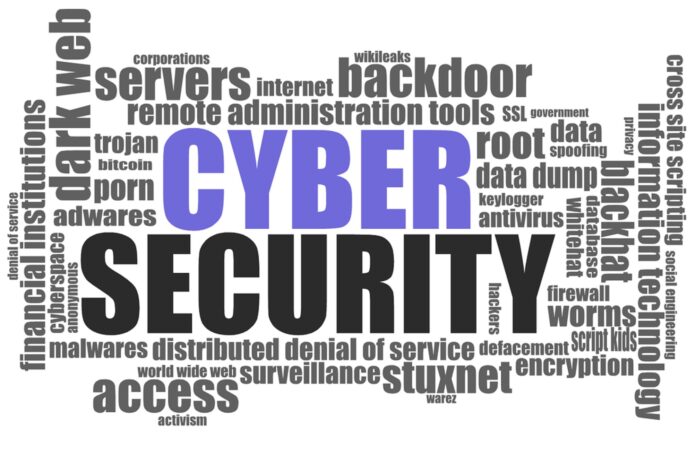The internet is full of companies and advertisers that are looking to collect your data. Nowadays, identity theft is a prevalent problem with users. Account information gets easily exposed through data breaches. Many firms have developed a whole business model around gathering data from customers and marketing it to third parties. The hackers keep track of user data on engagement, behavioral data, personality data.
They gather data from different approaches and multiple spots. Some illegal companies use technical methods to hack the user’s data. Most of the legal companies directly ask the customers for tracking their accounts. The users that are not aware of such tactics may indirectly give permission access to such fraudulent companies. Businesses attempt to track customers through almost every single corner.
Proper online hygiene is vital to keep your personal information safe and secure. Many of the illegal websites try to reach children online by tracing your accounts. As Harold Li, vice president, ExpressVPN quoted “We don’t share our bank statements publicly because we don’t want others to know our financial history. We have curtains and blinds because we don’t want people looking into our homes. Why should it be different when it comes to our online data and privacy? Data breaches and hacks are happening on a near-daily basis, and it has never been more important to protect your online identity. With the theft of your online identity, a cybercriminal may be able to access your passwords, banking details, obtain credit cards or loans under your name, and more.”
Here are five online privacy practices for users that will help you to use the online networks without the fear of getting your identity stolen.
1. Use an Encrypted Network

When surfing the internet online, hackers can view your online activity as your internet is unencrypted. They use a technique like ‘history sniffing’ to learn about the websites that users have visited. It can lead to loss of privacy and even sensitive information, leaving you vulnerable to cyberattacks. Use a VPN to make sure your IP address is hidden and online traffic is encrypted so that third parties or hackers cannot see it. A VPN ( visit here to know more ) can be used to protect one’s private information and sensitive data through encryption. It allows the user to connect to the internet securely.
Besides using VPN, for a website that owns eCommerce, there should be an SSL certificate that enables a secure tunnel for the data flowing between the server and the browser. You can find many SSL providers like CheapSSLShop, GlobalSign, DigiCert, AlphaSSL certificate that could fit in your budget.
2. Keep up-to-date security software
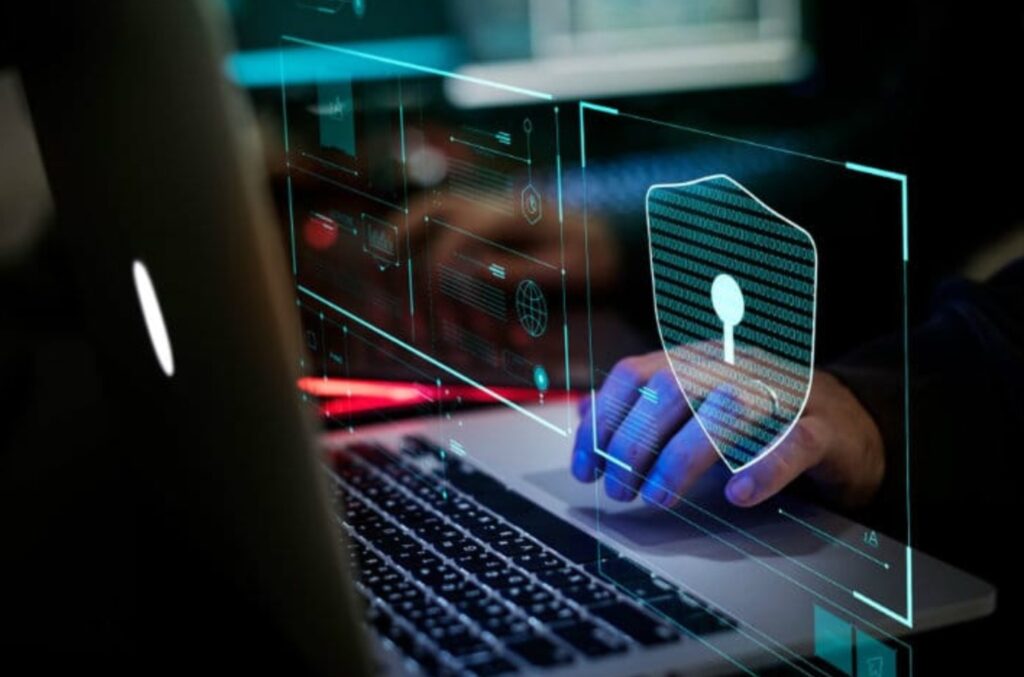
It is challenging to escape from the disclosure of any personal information online.
The absence of a cybersecurity program could lead to personal data getting exposed to cybercriminals. Update your desktops and other electronic devices with the latest versions of security software to protect from any online disruptions. The cybersecurity program will protect your corporate materials and personal information from getting disclosed.
3. Use strong passwords
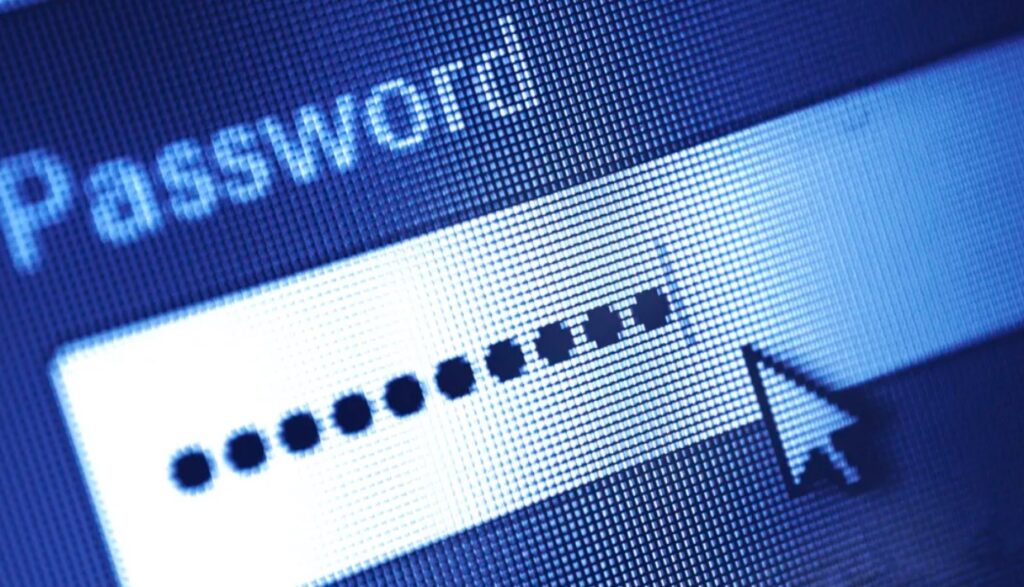
Passwords are the first thing that cyber attackers try to steal. Simple passwords are easy to remember but also easy to hack. There are a ton of ways through which passwords can get exposed.
The cyber attackers try to trace the passwords through mix and matches. The phishing attack is the simplest way to steal the password details of the users.
Set strong and unique passwords for every account. Make sure to use strong passwords for business accounts—secure funds with two-factor identification. Keeping your tabs safe with hard guessing passwords is a good idea. According to cybersecurity experts, there are several different tools that are designed to help you accomplish this.
4. Identify spam mails
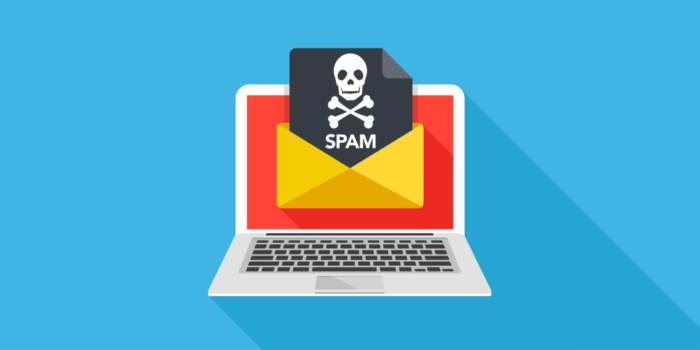
The more you surf on the internet, the more you will get the junk mails. People receive a deluge of spam emails every day.
Junk emails are the source of dangerous spams and malware attacks. Hackers create mails that force the users to click, open and download the spam links.
Do not open emails from the email address you don’t know. Pay attention to the email address as most of the spoofing is done with the sender’s domain name. It is also the best idea to not reply to the unidentified accounts.
5. Delete third-party account connections
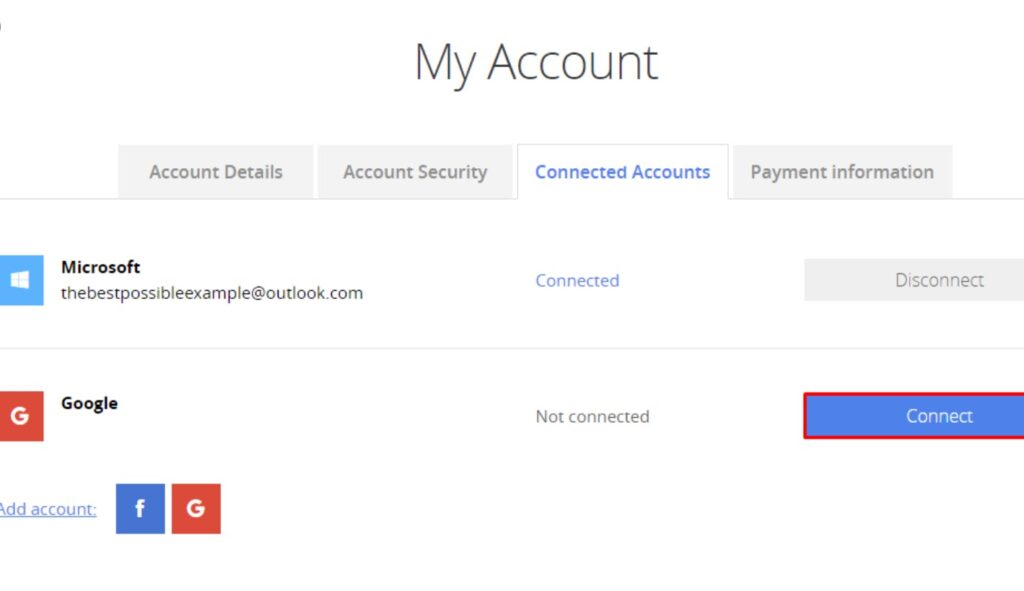
Many apps allow third-party access to multiple programs on the software. The applications that the user has stopped using also have authentication to trace the data in the background.
Third-party apps can do a lot of harm to your online identity. The application running in the background can block your main accounts anytime by getting a permanent link of your main accounts.
Delete third-party account connections and sign out from multiple accounts. It is the safest idea to uninstall unused applications that you are not using for more than a month.
Conclusion
Every user should be aware of the security concerning issues. Cybercrimes have increased rapidly in our country. This number is likely to increase as the internet becomes an ever big part of our daily lives. There are millions of evil people who are looking to take advantage of your ignorance to the world of cybercrimes. Once a cyber attacker receives the personal data, they are easily able to create duplicate identification information.
Identity theft occurs when someone gains access to personal information and pretends to be you online. It is a type of crime that can have a long-lasting loss on the user’s online reputation. The cybercriminals can take advantage of the personal data and can log in to bank accounts. The scams related to money transfers, withdrawals, purchases, transfers have increased because of the unencrypted financial reports of the public.
Every person should adopt the above-mentioned cybersecurity practices. It will ensure that your online identity is hidden and not in the eyes of illegal websites. When people are at work or using public connections, it becomes relatively easy for hackers to steal your stuff. To avoid damaging your online reputation, you should follow these steps and remove all the unnecessary personal information from all of your accounts. Other than this, people store all their details over their mobile phones. Mobiles are an attractive target for hackers to steal all the user data. Secure your mobiles with fingerprint identification and facial recognition safety systems. Read technical articles to learn about cyber threats and crimes online.

